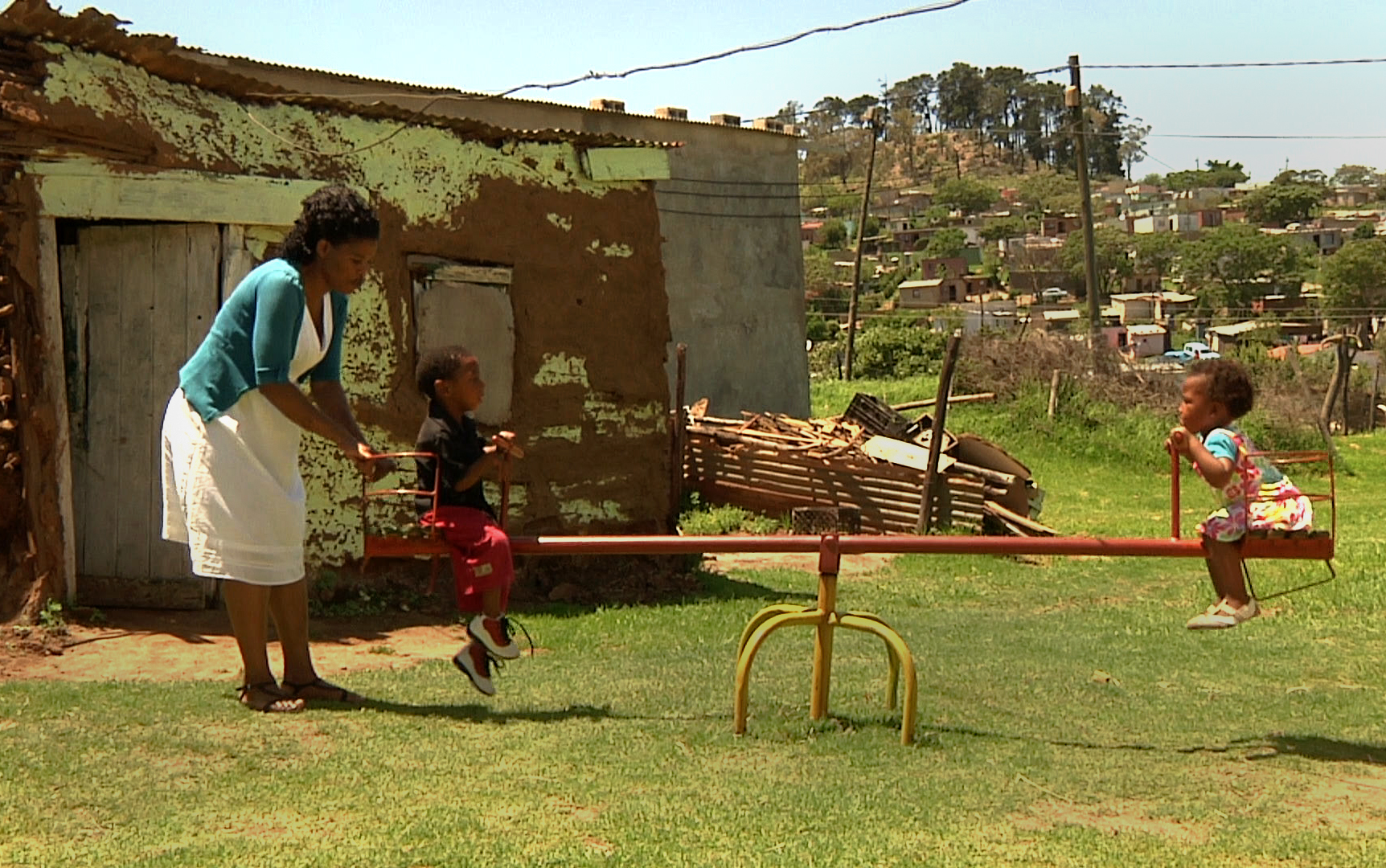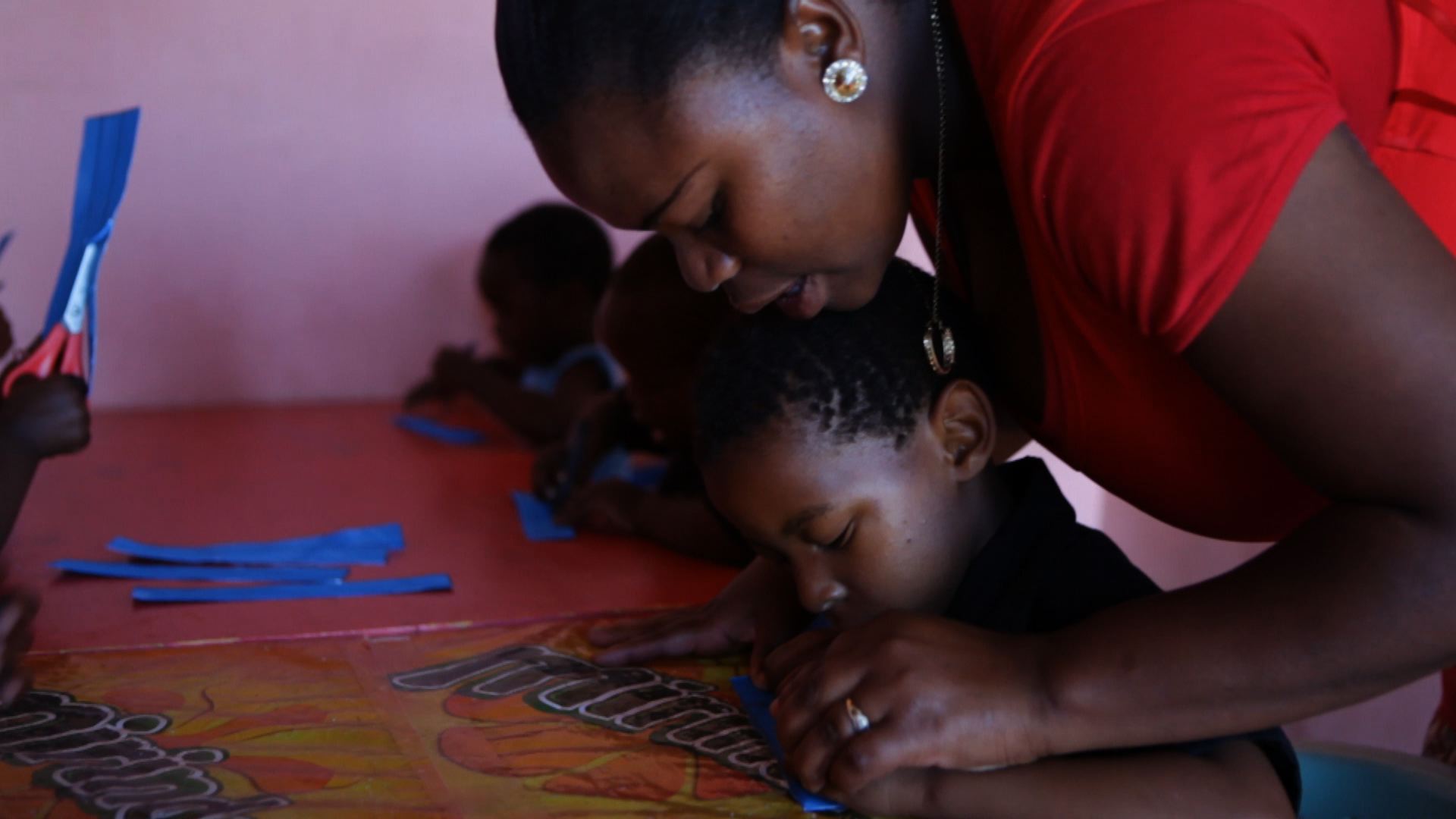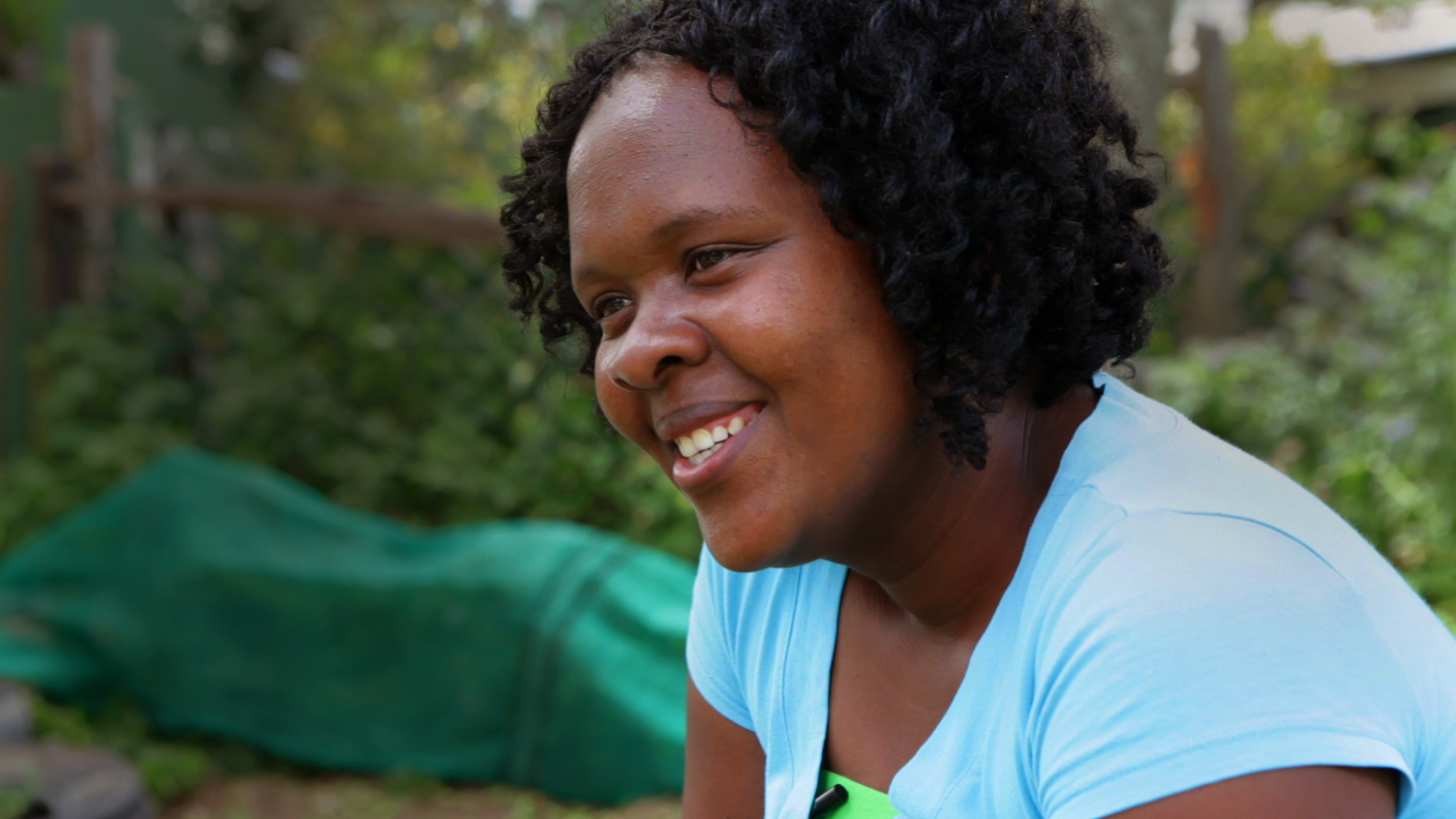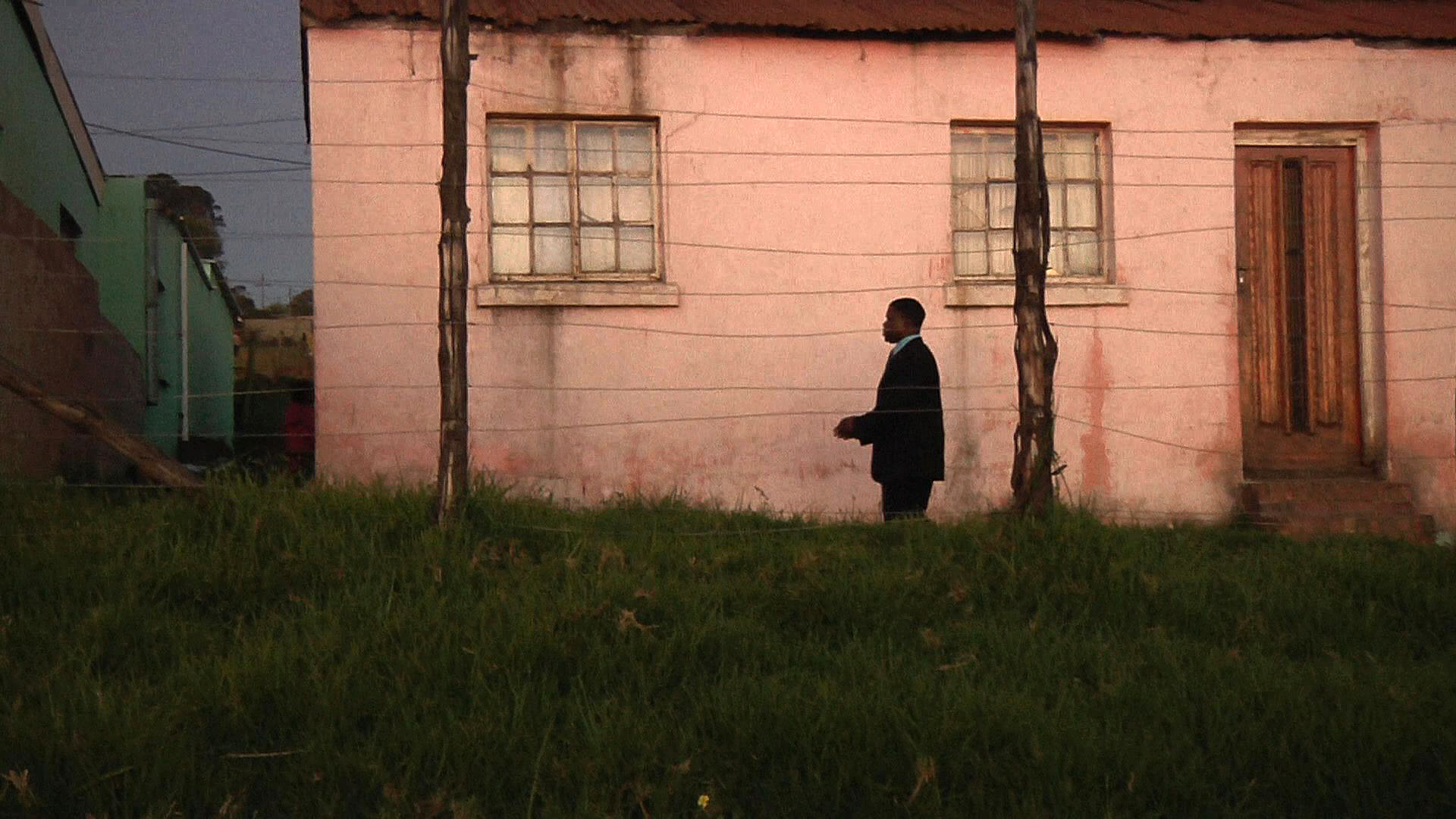Project December 14, 2012
South Africa's Healthcare Crisis in the Eastern Cape
Country:

The days of apartheid are over, but social discrimination is still present and becoming more deadly for the impoverished citizens of South Africa. In the years since the end of racial segregation the healthcare system established by the new constitution has become a human rights crisis for those who cannot afford private care.
While economic progression and social equality efforts were applauded in the first ten years post-apartheid, the citizens of South Africa are now caught in a battle for life. Approximately 20 percent of South Africa's citizens have access to more expensive private healthcare, but for those who can't afford it, public healthcare is little help.
Lack of clinics and caregivers in townships continues to cause problems, especially for women. In 2010, nearly one in 39 women died in childbirth, accounting for 56 percent of the world's maternal deaths. Women and girls are offered little to no sexual education and are still victims of sexual violence despite laws prohibiting violence against women.
Reporting from the townships of the Eastern Cape, Samantha Thornton will gather the stories of those most affected by the healthcare crisis in South Africa.
-
×English








